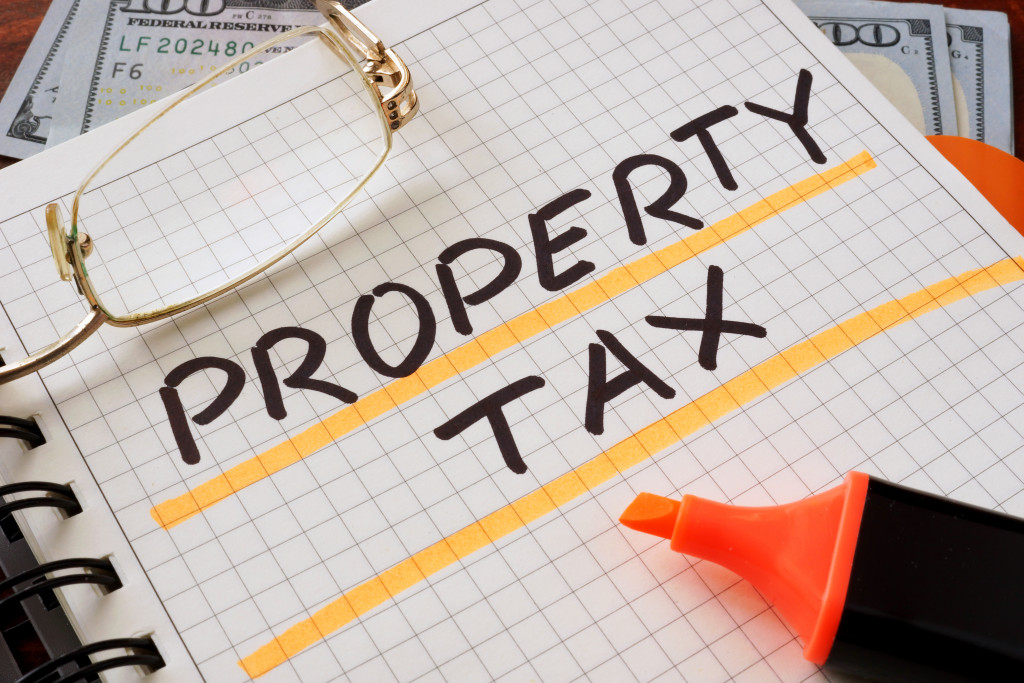- Timeshares can be expensive and hard to sell; traditional vacation homes may be a better investment.
- HOA fees and property taxes can significantly impact your budget, so always consider them before purchasing.
- Unexpected major repairs can drain finances; having a contingency fund is crucial for property owners.
- Regular maintenance, quality renovations, investing in a home warranty, and having a solid financial plan can help mitigate risks.
When it comes to managing money, budgeting is of utmost importance. Especially when it comes to property-related expenses that can quickly sink your finances if you’re not careful. Property investments are alluring but can drain your financial resources if not managed well.
There are several costs associated with owning a property, and it’s essential to consider them before making any investments. This blog will outline a few property-related expenses that can drain your finances and what career women need to know to avoid them.
Timeshares
Timeshares can be attractive for many women, especially if they want to invest in a vacation property. However, the reality is that timeshare arrangements can be fraught with hidden costs that can hurt your finances. The annual maintenance fees can be exceptionally high, making timeshares more expensive than owning a vacation home.
What’s more, timeshares are challenging to sell, which means you could be stuck paying the maintenance fees for years. Instead of a timeshare, consider investing in a traditional vacation home or renting a property when on vacation.
If you’re already in a timeshare agreement, you can employ the help of a professional timeshare cancellation company to get out of the contract and save yourself from further financial strain. They will assist you with the legal and financial aspects of canceling a timeshare contract and help you avoid any future expenses associated with it.
HOA Fees
Homeowner association fees are levied on homeowners by a property’s governing body. These fees can be used to pay for common area maintenance and improvements. However, HOA fees can be pretty high and may increase annually, eating into your budget. Before purchasing a property, find out what the HOA fees are and include them in your budget.
Property Taxes

Property taxes are another expense that can sink your finances if you’re not careful. Property taxes vary depending on the location of your property, so it’s essential to ensure you can afford them before investing. In some instances, property taxes can increase significantly, which can lead to budgetary problems. Be sure to factor in property taxes when creating your budget, and be prepared for any increases.
Major Repairs
Major repairs can be a significant expense you might not have planned for. You could suddenly be hit with an expensive repair bill for the roof, plumbing, or electrical system – not to mention any structural damage or natural disasters.
These unexpected costs can be a severe drain on your finances, so have a contingency fund to cover any unexpected repairs. It’s also essential to take active steps to prevent repairs like these from happening in the first place. Here are four things you can do to avoid unexpected expenses on your property:
Conduct regular maintenance and inspections.
Regular inspections and maintenance on your property can help catch any potential problems early on. This can save you from experiencing significant repairs in the future and give you peace of mind knowing that your property is in good condition.
Invest in quality materials and workmanship.

When making improvements or renovations to your property, it’s essential to invest in quality materials and workmanship. This can help prevent future repairs and save you money in the long run.
Consider purchasing a home warranty.
A home warranty can provide coverage for unexpected repairs or replacements of major systems and appliances in your property. This can give you peace of mind, knowing that you won’t have to bear the full cost of any potential repairs.
Have a financial plan.
Having a solid financial plan in place can help you be prepared for unexpected expenses. This can include having a contingency fund, as well as researching and understanding the costs associated with owning a property before making any investments.
Property investments can be lucrative, but they come with their fair share of financial responsibilities. It is crucial to be aware of these potential financial drains, including timeshares, HOA fees, property taxes, and significant repairs, and have strategies to deal with them. By conducting regular maintenance, investing in quality workmanship, considering a home warranty, and having a solid financial plan, you can mitigate these risks and protect your investment.
Remember, the key to successful property investment is not just about making the right choices but also about managing your finances wisely. As a career woman, equip yourself with these insights and navigate your property investment journey with confidence and financial savviness.

